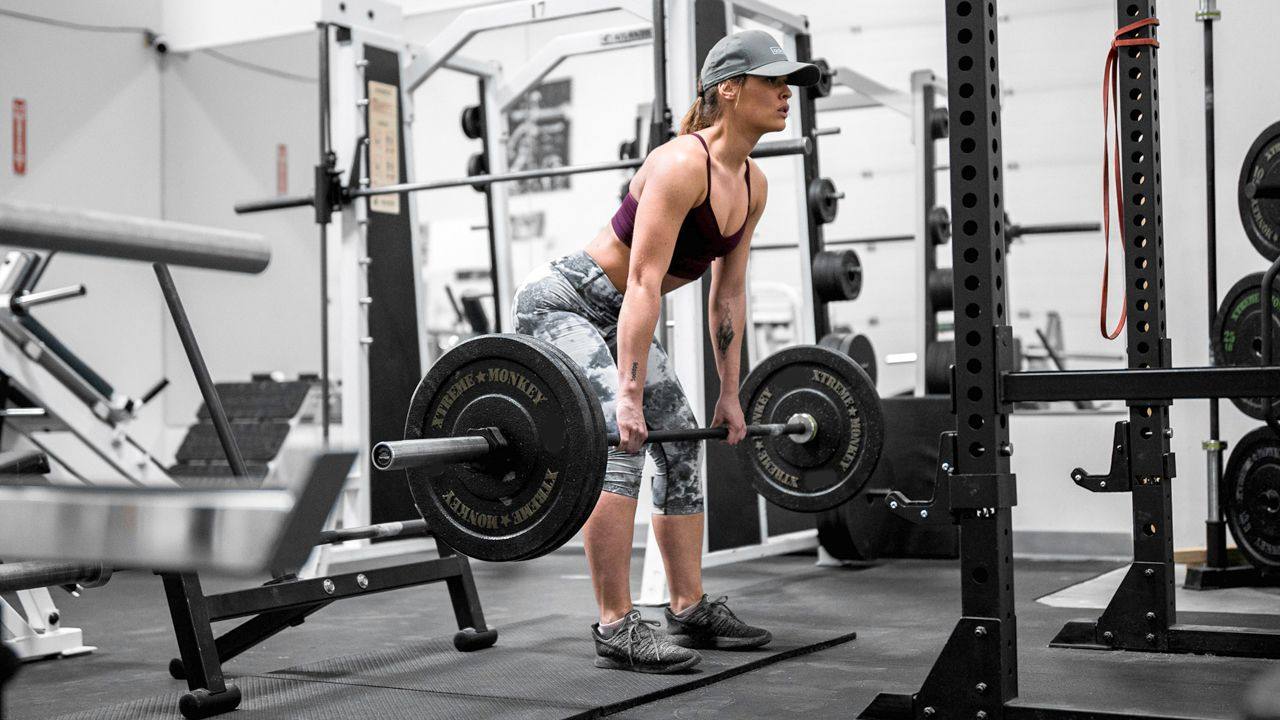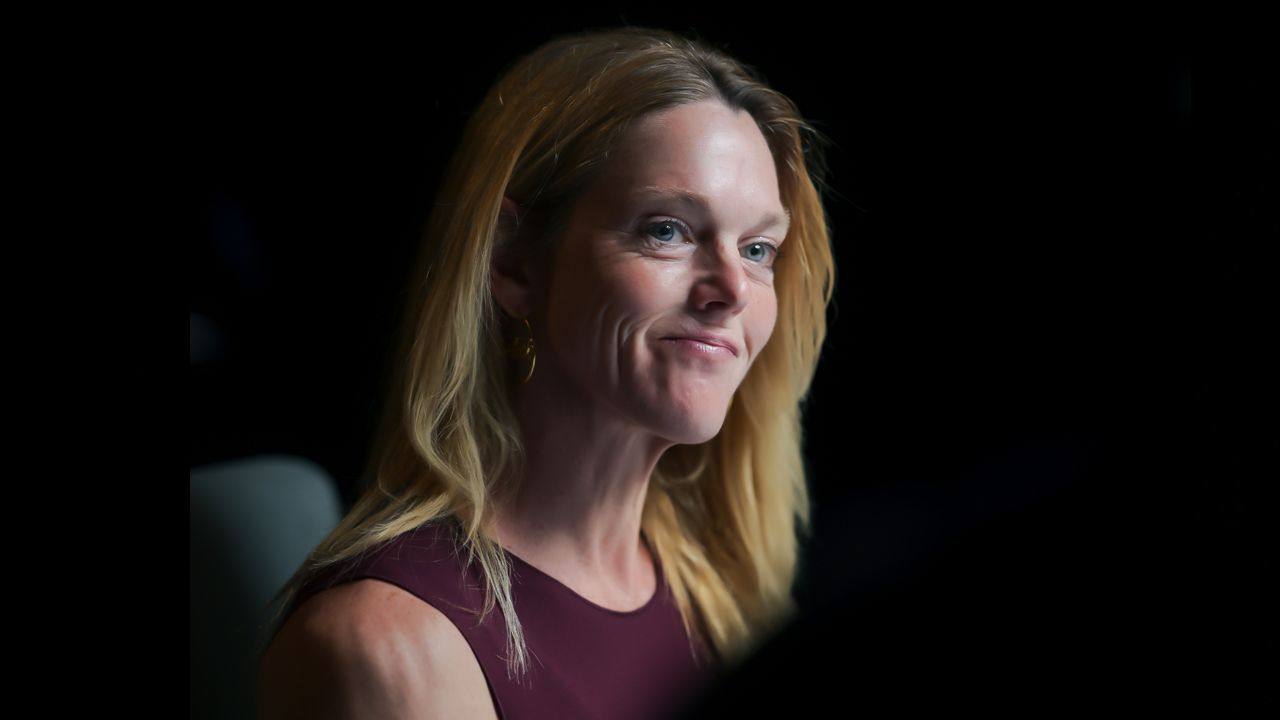Why Women Struggle with Sleep—Especially in the Summer
If you’re finding it harder to sleep, especially with the summer heat, you’re not alone. Women face unique sleep challenges—largely due to hormone fluctuations, different circadian rhythms, and even how we respond to temperature. But with the right strategies, you can improve your sleep, feel better, and perform at your best.
Understanding How Women Sleep Differently Than Men
Women generally need—and get—a bit more sleep than men, according to research collated from both self-reports and wearable tracker data. But that doesn’t always mean better rest. Family and work responsibilities, as well as hormone fluctuations, often disrupt both the amount and quality of women’s sleep. Women also tend to go to bed earlier and are more likely to be morning types, likely due to biological differences in circadian rhythms.
Even though women often report more trouble falling and staying asleep, sleep lab studies show they typically have better sleep efficiency and more deep (slow-wave) sleep than men—benefits that hold up better with age. They also tend to enter REM sleep earlier in the night.
When it comes to sleep disorders, the differences are even more striking:
-
Insomnia is more common in women, starting in adolescence and continuing through life.
-
Restless legs syndrome occurs more often—and more severely—in women, especially during pregnancy and after menopause.
Obstructive sleep apnea (OSA) is more common in men, but postmenopausal women face increased risk—and may experience worse cardiovascular consequences from it.
Body Clocks, Metabolism, & Sleep Disruption
A 2024 review from the University of Southampton found that circadian rhythms (aka our internal body clocks) also differ by sex. Women’s melatonin levels rise earlier, their core body temperature shifts earlier, and their circadian cycle runs slightly faster than men’s. Over time, these small differences can lead to a bigger mismatch between internal clocks and external demands—think late-night schedules or early-morning alarms—which contributes to fatigue, metabolic strain, and disrupted sleep patterns.
These circadian and hormonal differences also affect metabolism. For example:
-
Sleep-deprived women show stronger brain responses to food cues, especially emotionally rewarding foods.
-
Men tend to overeat more after sleep loss, while women can be more prone to emotionally driven eating.
-
Night shift work increases the risk of weight gain and type 2 diabetes in everyone—but the effect is even more pronounced in women.
Why It Matters
As more people deal with chronic sleep loss, research shows that women may be more vulnerable to the negative effects. Disrupted sleep and circadian misalignment can take a bigger toll on women’s mood, metabolism, and long-term health. Yet despite these differences, women remain underrepresented in sleep research.
That’s why understanding sex-specific sleep patterns isn’t just interesting—it’s essential. We need sleep strategies and treatments that reflect these differences and offer more personalized, effective solutions for women at every life stage (keep reading for summertime sleep tips!).
Hormones + Heat = Sleep Disruption
Anyone who’s ever argued with a male partner over what temperature the bedroom should be might enjoy learning that there is research showing men and women experience temperature differently during sleep, which means one-size-fits-all bedroom temperatures may not work for everyone. In a winter sleep study with young men and women, researchers found key differences in body temperature and comfort levels at night.
Women generally had higher core body temperatures than men and didn’t cool down as much overnight—likely due to hormone differences. Their hands and feet also warmed up differently, especially in colder rooms. While men felt more comfortable and satisfied sleeping in cooler temperatures (like 16–20°C/60-68°F), women reported needing a warmer sleep environment to feel comfortable.
Hormonal shifts—like those during your menstrual cycle, perimenopause, and menopause—can mess with sleep quality by affecting your body temperature, mood, and sleep cycles. Add in summer heat, and your body struggles even more to cool down—a key process for falling (and staying) asleep.
Poor sleep can impact almost every aspect of your health, wellbeing, and performance—from your focus and mood to your workout performance and hormonal health, as well as injury risk (just 5–6 hours of sleep can translate to a 200% higher injury risk over a season). It’s clearly important to do all you can to address this, so let’s explore a few female-specific tips for improving sleep:
Summer Sleep Tips: Cool & Calm Your Body
-
Set your bedroom to 65°F (18°C) if possible. If you don’t have AC:
-
Use fans to create air movement
-
Keep curtains closed during the day to block heat
-
Freeze your pillowcase or a hot water bottle (used cold)
-
Put your feet in cool water before bed (to “dump” heat and bring your core temperature down)
-
Have cold/icy tart cherry juice 20-30min before bed to help drop your core temperature, and the melatonin in the tart cherry juice will enhance the melatonin peak for sleep onset.
-
Wear light, breathable fabrics—natural fibers like cotton or bamboo work best
Other Sleep Hygiene Tips That Matter (Year-Round)
-
Ensure you eat enough during the day, as we see that low energy availability (LEA) creates hypoglycemic awakenings overnight
-
Block out light (try blackout curtains or a sleep mask)
-
Keep noise low with earplugs or white noise
-
Finish eating at least two hours before going to bed
-
Wind down with a consistent pre-bed routine—dim lights, ditch screens, read a calming book (not on a screen!)
Natural Sleep Boosters
These are a few of my favorite ways to set myself up for a good night’s sleep:
-
Tart cherry juice (Montmorency): As mentioned above, it’s naturally rich in melatonin. I drink it cold ~30 minutes before bed.
-
L-theanine is a non-protein amino acid that works to increase GABA in the brain to enhance parasympathetic activity
-
Try incorporating some adaptogens to help with stress relief, such as Ashwagandha, which can help to lower cortisol and support temperature regulation, and Rhodiola Rosea, which can help to balance mood and energy.
-
Magnesium (from food or supplements) can also be great for relaxation and supporting deeper sleep. Try incorporating more magnesium-rich food sources into your diet, such as leafy greens, nuts and seeds, whole grains, lentils, avocados, bananas, and dark chocolate. The best types of magnesium supplements for sleep are magnesium L-threonate (it’s best at crossing the blood-brain barrier) and magnesium glycinate.
If you are someone who has significant issues with sleep, you may want to try Cognitive Behavioral Therapy for Insomnia (CBT-I). It is a well-researched and implemented technique using multiple strategies to improve overall sleep behaviors and sleep quality.
Remember: Sleep is the foundation for your health, well-being, performance, and recovery—and although it can feel tough, especially in the summer—with the right strategies and approach, you can sleep and feel better.
IN OTHER NEWS….
Hydration Matters
My last newsletter on heat and hydration was definitely a popular one—thanks for getting in touch with so many questions and comments! It’s clearly a topic of interest, so we’ve compiled the most important information in this Cheat Sheet.
Redefining Longevity
I was honored to be included in this Redefining Longevity feature, published by Women’s Health, which highlights an impressive line-up of experts who have dedicated their careers to ensuring that women have the information, access, and power to live their healthiest, happiest lives.
My Favorite Carbs for Endurance Training
Real food, people! That’s what it’s about! I often get asked how I fuel long rides and I’ve always maintained it’s about food in your pocket, fluid in your bottle—i.e., eat your calories and stay hydrated with adequate fluids. Find out about some of my go-to training foods (yes, we’re looking at you chocolate chip cookies 😍) in this short Instagram reel with Loretta:
Tune In!
Here's a recent podcast you might enjoy listening to:
- The Female Edge: Harnessing Hormones for Peak Fitness with Dr. Stacy Sims
And ICYMI! Here are a couple of podcasts from earlier in the year that have proved popular:
- Science & Soul with Dr. Kristen Holmes: Gender Data Gaps Are Real
- Wild Health Podcast: Rethinking Women's Health & Performance
Until next time!
Forwarded this newsletter? Join my community here!









